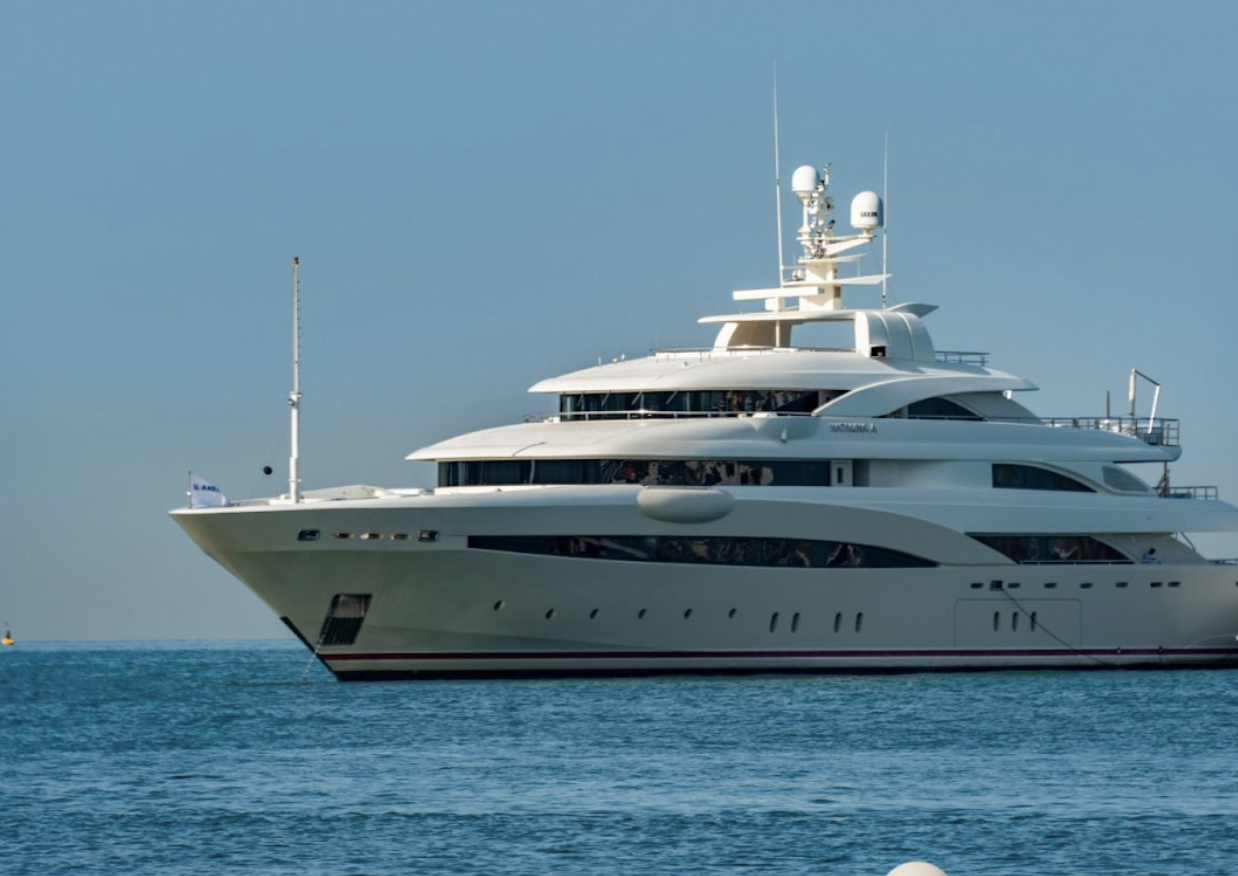
What Private Vessels Must Know About Geopolitical Risk at Sea
Private vessels, particularly superyachts and chartered craft, are no longer sailing in the calm, predictable waters they once did. Geopolitical tensions, military escalations, and regional instability have transformed some of the world’s most popular yachting routes into zones of elevated risk.
For high-net-worth individuals, families, and private operators, maritime security is no longer just a matter of piracy deterrence—it now involves navigating complex political landscapes, drone threats, and cyber vulnerabilities. Staying ahead of these risks is essential for safeguarding lives, privacy, and assets at sea.
A Changing Tide
Yachting has long been associated with freedom and luxury, but in today’s climate, the illusion of total safety can be misleading. While commercial shipping companies have adapted to global risks with hardened vessels and escort services, the private maritime sector, often discreet by nature, faces an evolving threat landscape that is far less understood.
From the Red Sea to the South China Sea, global maritime flashpoints are increasingly affecting private voyages.
Where Are the Risks?
The Red Sea and the Gulf of Aden
This vital passage has become a centrepiece of maritime tension. With increasing
activity from Houthi rebels and hostile interference near key straits, private yachts—especially those flagged from Western nations—are advised to proceed with caution or consider alternate routes altogether. Even inadvertent involvement in conflict zones can trigger severe consequences.
The South China Sea
This region continues to be a political powder keg. With disputed territorial waters, increasing military presence, and enhanced surveillance, the risk here isn’t just about physical confrontation. Private vessels may be tracked, challenged, or delayed, particularly if mistaken for commercial or government-linked assets.
Eastern Mediterranean
Closer to Europe, disputes in the Eastern Med are escalating again. Naval exercises, overlapping territorial claims, and diplomatic friction—particularly between Turkey, Greece, and Cyprus—can disrupt what appear to be leisure routes. Superyachts sailing near these hotspots are increasingly at risk of encountering military patrols or movement restrictions.
Beyond Piracy: Today’s Emerging Threats
While piracy still exists in places like the Gulf of Guinea and parts of Southeast Asia, new risks are overtaking traditional maritime crime:
- Drone Surveillance: High-value targets like superyachts are increasingly observed or tracked via commercial drones.
- Cyber Attacks: Wi-Fi networks, navigation systems, and onboard technology can be vulnerable to breaches or ransomware.
- Political Detainment: In certain jurisdictions, vessels may be boarded or detained as leverage during political negotiations or disputes.
How Private Vessels Can Stay Safe
- Route Intelligence and Planning
Before every voyage, route-specific intelligence should be gathered—not just weather forecasts, but political and security updates. Understanding the current risk profile of each region, port, and transit corridor is essential for both safety and continuity.
- Discreet Onboard Security
Rather than overt, militarised security, which can raise unwanted attention, modern protective services favour a more subtle approach. Trained professionals who blend in with the crew or guests offer an effective layer of protection without compromising the onboard experience.
- Communications and Cybersecurity
Protecting digital communications is as important as securing physical assets. From secure satellite communications to hardened IT systems, cybersecurity should be seen as a core component of maritime security, not an afterthought.
- Crisis and Contingency Protocols
Knowing how to respond in the event of an incident—whether it’s a boarding attempt, surveillance activity, or unexpected detainment—is critical. This includes having designated safe ports, emergency rendezvous procedures, and real-time support from experienced maritime security providers.
The freedom of the sea has always been one of its greatest appeals, but as global tensions mount and the lines between state threats, piracy, and espionage become increasingly blurred, that freedom comes with new responsibilities.
The reality is this: private vessels are not immune to global unrest. Being prepared—intelligently, discreetly, and proactively—is now a crucial part of luxury maritime travel.
Planning a voyage through high-risk waters? Speak with our maritime risk team today and ensure your next journey is secure from port to port.
